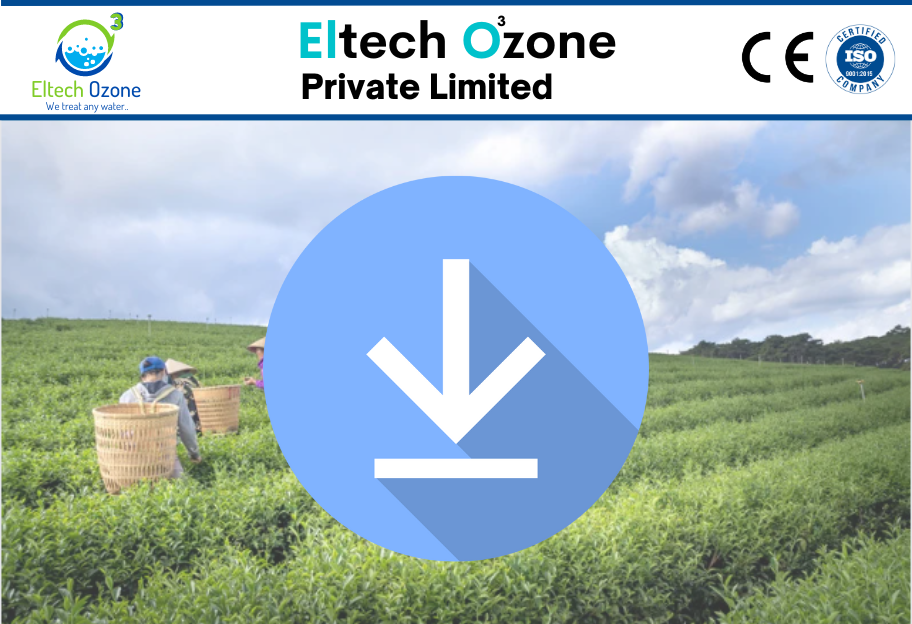Ozone Generator for Agriculture
- Home
- Appli..
- For Water...
- Ozone Generator for Agriculture
What is Ozone Treatment in Agriculture?
Water treatment for agriculture refers to the process of treating and purifying water to make it suitable for use in agricultural activities. This process involves removing contaminants, minerals, and other impurities that may be harmful to plants, soil, and livestock.
Agricultural water treatment may be necessary because the water used for irrigation or livestock watering can contain harmful bacteria, viruses, chemicals, or excess minerals that can damage crops or animals. Treating water can help ensure the quality of water used for irrigation and other agricultural activities, which can lead to better crop yields and healthier livestock.
Some common water treatment methods used in agriculture include sedimentation, filtration, disinfection, and reverse osmosis. Sedimentation involves allowing suspended particles to settle to the bottom of a tank, while filtration involves passing water through a filter to remove impurities. Disinfection methods such as chlorination or ultraviolet (UV) light can kill harmful microorganisms in the water, while reverse osmosis involves forcing water through a semipermeable membrane to remove dissolved salts and minerals.
Overall, water treatment is an important aspect of modern agriculture, helping to ensure that water is of sufficient quality to support healthy crops and livestock while minimizing the risks of contamination and other potential issues.


Benefits of Ozone Treatment in Agriculture:
- Improved crop yields: Water treatment can help ensure that crops receive clean, nutrient-rich water, which can help promote healthy growth and improve crop yields.
- Protection of livestock health: Clean water is essential for maintaining the health of livestock. Water treatment can remove harmful bacteria and other pathogens that can cause illness in animals.
- Reduced soil erosion: Water treatment can help reduce soil erosion by controlling the amount and velocity of water used for irrigation, preventing soil from being washed away.
- Protection of groundwater resources: Treating agricultural water can help prevent groundwater contamination, which can reduce the availability of clean water for future use.
- Increased sustainability: Water treatment can help reduce water waste and promote more sustainable agricultural practices by using water more efficiently and effectively.
- Cost savings: By using treated water, farmers can reduce the risk of crop failure and livestock illness, which can help them save money on replacement costs and lost income.
Overall, water treatment for agriculture can help improve the quality of water used in farming, promote sustainable practices, and protect the health of crops, livestock, and the environment.


